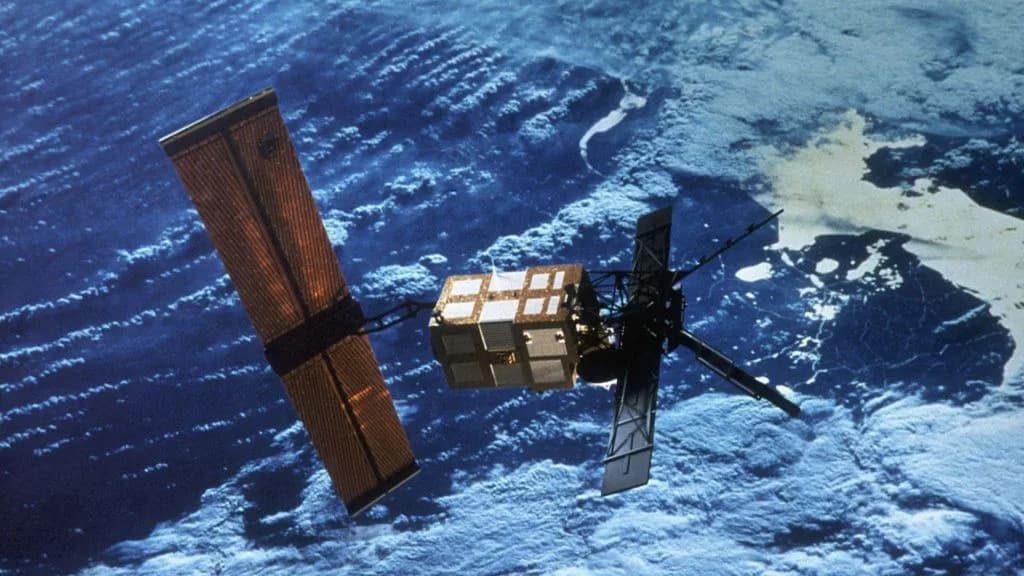Elon Musk Floats Satellite-Based Sunlight Modulation to Fight Climate Change
Elon Musk suggested on X (formerly Twitter) that a "large solar-powered AI satellite constellation" could help prevent global warming by making "tiny adjustments in how much solar energy reached Earth." The SpaceX CEO, who operates the Starlink network of nearly 9,000 satellites, framed the idea as a subtle, potentially reversible way to manage planetary temperature — although he acknowledged the question of complexity with a terse reply: "Yes."
"A large solar-powered AI satellite constellation would be able to prevent global warming by making tiny adjustments in how much solar energy reached Earth." — Elon Musk
What he proposed: Musk described a network of solar-powered satellites equipped with AI that would make fine adjustments to the amount of sunlight reaching the planet. He and a commenter noted such capabilities fit notions of a Kardashev Type II civilization — a hypothetical advanced society capable of harnessing the power of its star.
Existing context: Starlink has already placed thousands of satellites in orbit, which have raised concerns among astronomers because they can interfere with ground-based observations. Musk has previously called his satellite work a step toward large-scale, civilization-level capabilities.
What scientists actually study
Deliberately reducing incoming sunlight is broadly known as solar geoengineering or solar radiation modification. Researchers have proposed several methods, including:
- Marine cloud brightening: Seeding low clouds with aerosols to increase their reflectivity so they reflect more sunlight.
- Stratospheric aerosol injection: Releasing particles such as sulfur dioxide into the stratosphere to scatter incoming solar radiation.
None of the commonly discussed techniques involve an AI-driven, global satellite swarm that dynamically meters sunlight for different regions. While technically conceivable that satellites could alter insolation, doing so at planetary scale raises numerous technical, environmental, political and ethical challenges.
Major concerns
Experts warn that solar geoengineering carries significant and unpredictable risks. The Earth's climate is an interconnected, nonlinear system; altering sunlight could cause regional changes to precipitation, monsoons, agriculture, and ecosystems. Key issues include:
- Unintended consequences: Regional droughts, shifts in weather patterns, and impacts on biodiversity are possible.
- Irreversibility and termination risk: If such a system were started and later stopped, rapid warming could follow.
- Governance and geopolitics: Control over sunlight would create major international legal and ethical dilemmas—who decides how much sunlight a region receives?
- Technical feasibility: Precise, global control would require technologies and coordination far beyond current capabilities.
Because of these concerns, many scientists treat solar geoengineering as a potential last-resort option that requires careful research, international discussion, and robust governance before any deployment.
Bottom line
Musk's idea highlights how extreme climate risks are pushing people to consider unconventional solutions. While satellites could theoretically play a role in altering Earth's radiative balance, the science, risks, and governance challenges are profound. The idea remains speculative and contentious rather than an imminent plan.





























